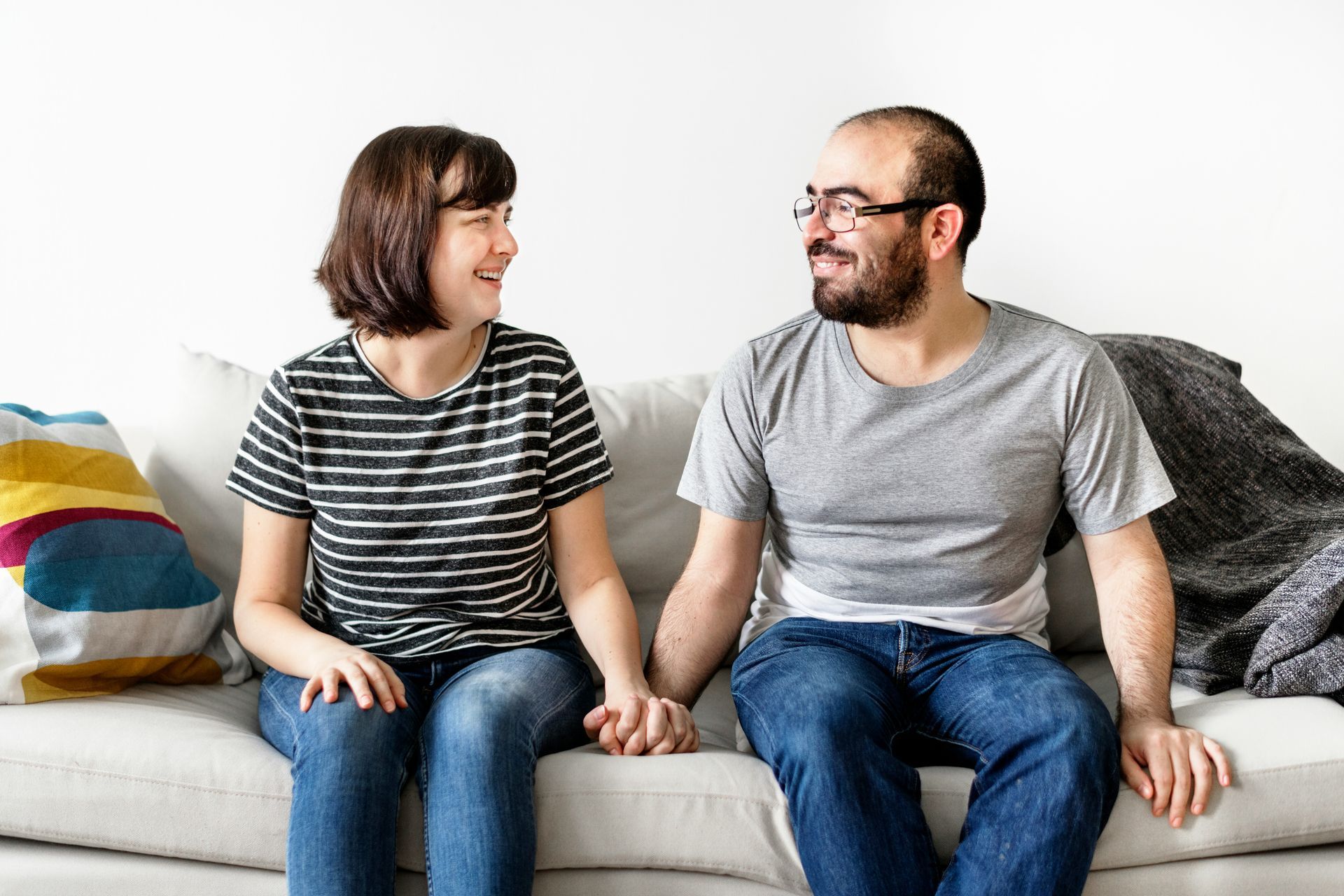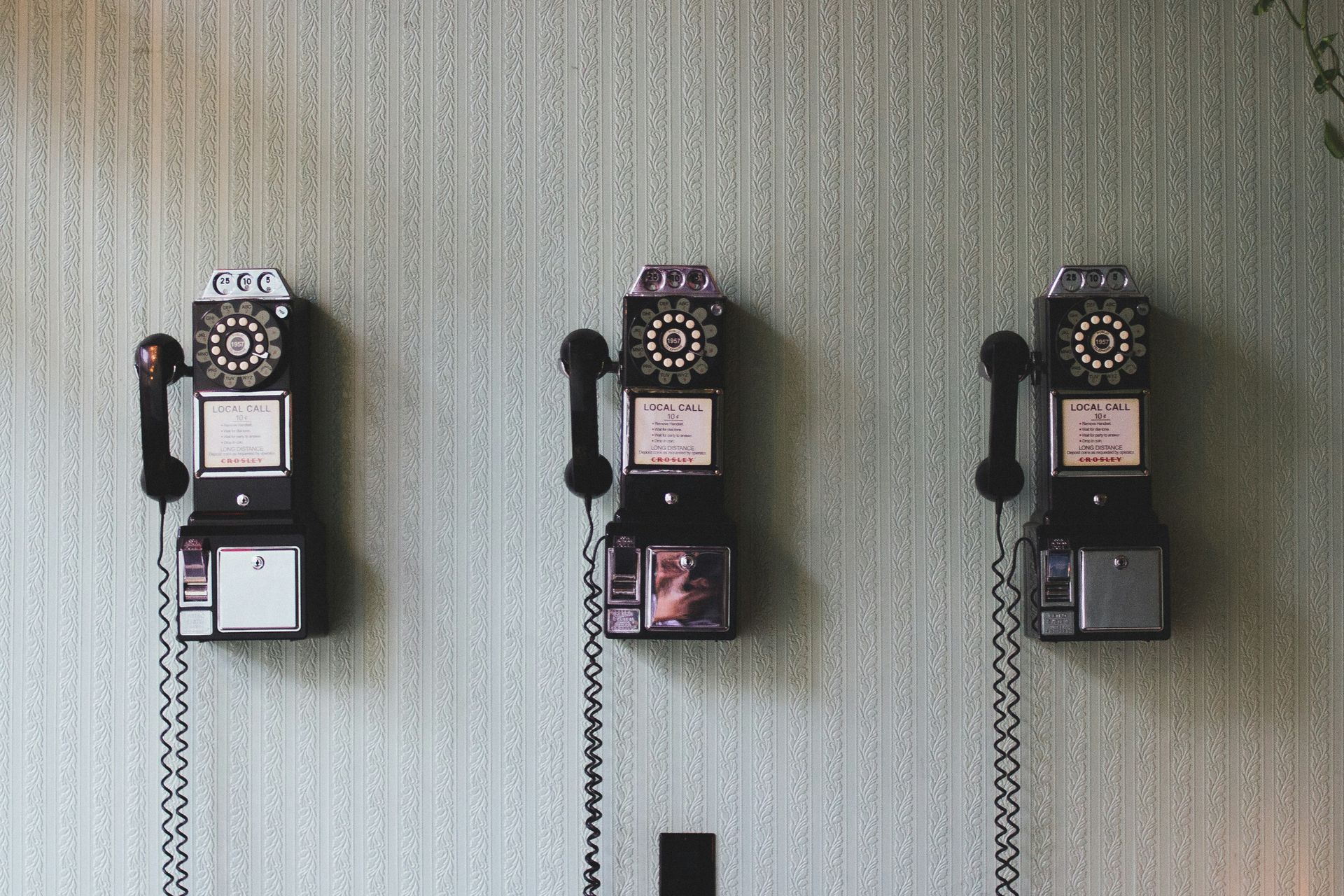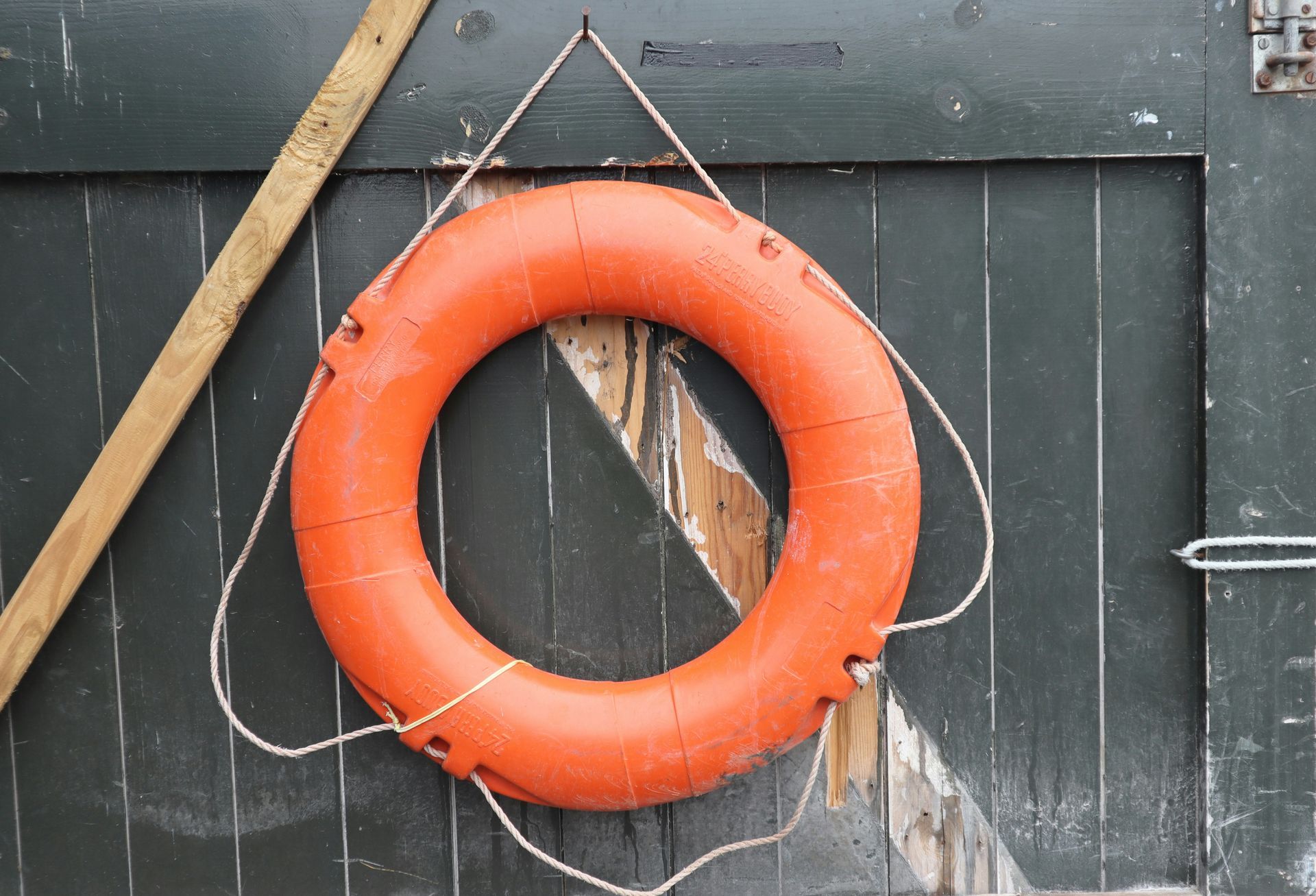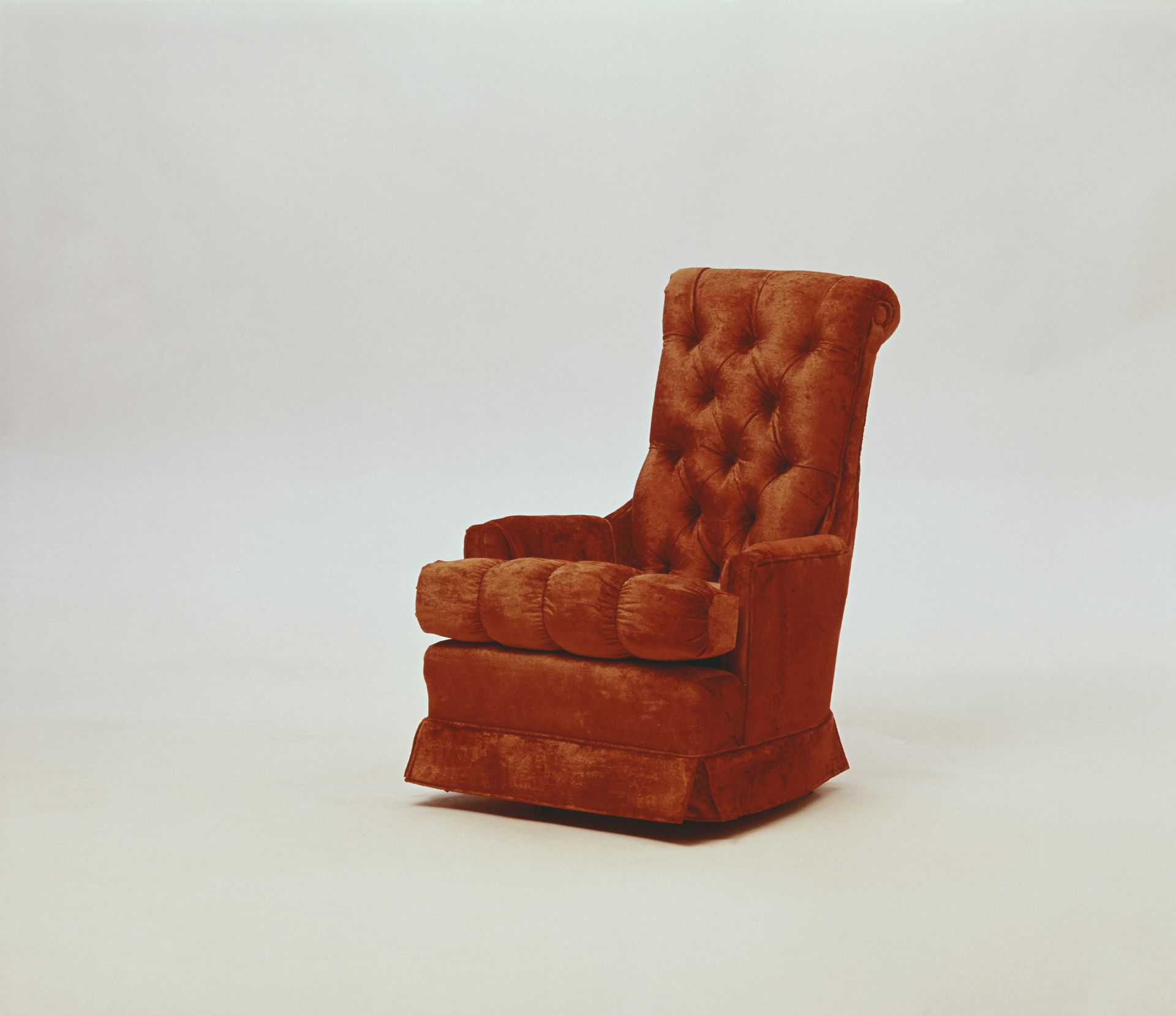10 Ways to Build Better Sleep Habits
The average human will spend 26 years of their life in bed, sleeping, and yet, some of us are really bad at it. Through no fault of our own, whether we’re counting sheep or partaking in heavy duty pharmaceuticals, the zzzzs continue to elude us. At The Pomegranate Institute, we’re all about making small, sustainable changes, and habits to support more restful sleep are no different. Today on the blog we’re tackling sleep hygiene. So if you want to spend more time in bed (sleeping) read on!
Get up at the same time every day.
We’re going to start with a controversial and unfun suggestion first. If you do battle with an alarm clock during the work week and cherish the idea of sleeping in on the weekend, the idea of getting up early sounds not only dreadful but counterintuitive. You NEED to catch up on sleep when you can, right? Unfortunately the pesky little part of your brain responsible for maintaining circadian rhythms is much more susceptible to suggestion if go to sleep and wake up at the same time every day.
It's important to set a realist goal for a daily wakeup time. Maybe you want to be one of those 6 AM “early bird gets the worm” folks, but if you’ve been hitting the snooze button 10 times every morning since college, this change isn’t going to happen overnight. Try adjusting your bedtime and wakeup time by 15 minutes each week, until you reach a compromise that you and your body can live with.
Make your bedroom all about the Ss
Our brains love patterns, and we can harness this preference to help create sustainable change. Inspire your brain to associate your bedroom with the Ss: sleep and sex. Whenever possible, avoid hanging out in your bedroom unless you’re sleeping, or, you know…
If this isn’t possible, try using other context clues to distinguish between your bedtime bedroom and your hangout bedroom. Only put your pjs on when you’re going to bed, don’t watch TV or work on your computer in bed, open the blinds during the day, and don’t get under the covers unless an S is involved.
Light
The outdoors light cycle is your friend. American Neuroscientist Andrew Huberman goes so far as to say that 2-10 minutes of sunlight first thing in the morning is one of his “top 5 actions” to support mental and physical health. He explains that morning sun helps prompt the body to release cortisol (a stress hormone that we want to peak early in the day) which not only helps our circadian rhythm stay on track, but also supports our immune system, metabolism and ability to concentrate.
Huberman also advocates for afternoon outdoor sunlight exposure, when the sun is nice and low in the sky, in order to remind your brain that it’s time to start winding down for the day.
Whenever possible, stage the lights in your home to reflect the outdoors. This means bright light in the morning, and softer dimmer lights in the evening. Bright light inhibits melatonin in your body, a hormone that contributes to the feeling of sleepiness. We love using red light in the evening, starting around 8 PM.
Cell phones
Speaking of things we aspire to, no cell phones in the first hour of the day and no cell phones for a hour before bed is probably the healthiest thing, but we understand this isn’t realistic for many people. Again, breaking it down into small steps and increasing until you find the maximum dose you can tolerate may be more manageable. For example, if an hour cell phone free is intolerable, what about 10 minutes? 20 minutes? What can you live with that still underscores your commitment to the behavior you’re trying to change?
Blue light shining into your eyes right before bed is a confusing message to send your brain, it signals “wake up!” when you’re trying to go to sleep. If you’re married to your nightly Instagram scroll, you could try blue light blocking glasses or changing the filter on your screen. Every little bit helps!
Worry journal
If you notice worry keeping you up at night, try keeping a worry journal next to your bed. Each time a worry interrupts you, write it down. You’re promising your brain you’ll call the pediatrician in the morning, it doesn’t need to harass you about it all night long.
It might also be helpful to try a meditation like “leaves on a stream” where you practice noticing, but not responding to worries. Easier said than done, we know! But practicing this during your waking hours can help this behavior not ruin your bedtime.
Natural sleep aids
When it comes to natural sleep aids, there’s lots of products on the market, and a mixed bag of research about their efficacy. Meta-analyses have found consistently positive results for Amino acids, vitamin D and melatonin supplements, with suggestions to do more research on the potentially promising benefits of magnesium, zinc, resveratrol and nitrate supplementation.
We encourage trying one new ingredient at a time, and discussing the specifics of dose and potential interactions with your healthcare provider.
Personally, we love drinking tart cherry juice (high in melatonin) two hours before bed, and you’ll have to pry our sparkling maple water (high in magnesium) out of our cold dead hands.
Relaxation activity
Create a transition routine that signals to your brain that you’re winding down for the evening and headed towards sleep. Try things you find relaxing that don’t involve bright light, whether it’s taking a bath, working on a craft project, listening to a book on tape, or doing some gentle yoga.
On days when you don’t feel like you have a spare minute to relax, try taking 10 slow deep breaths and saying “I’m getting ready for bed now”.
What you put in your body does matter
The amount of alcohol, caffeine, sugar and overall volume of food you consume during the day does matter, and it matters more the closer you get to bed.
Again, the key to sustainable change is to make changes you’re willing to live with long-term. So if you equate being caffeine-free to living in hell, don’t do it! Try giving yourself a cut-off, like no caffeine after 2 PM instead.
Alcohol is a sneaky little trojan horse when it comes to sleep. Despite its classification as a sedative, alcohol only gives the impression of helping with your sleep. That evening glass of wine may make you feel drowsy and initially help you fall asleep, but it wrecks havoc on your body’s ability to properly cycle through the sleep stages and it will harm the quality of your sleep in the long run. If you’ve had a night of heavier than usual drinking, you’re better off staying up, having a few extra glasses of water, and going to bed when you’re sober or soberish.
If you want to change it, track it!
If you’re thinking of implementing any of the suggestions in this article, try tracking them! You’re much more likely to stick to a new routine if you track your progress, and see tangible proof that you’re succeeding. For maximum impact, it’s helpful if you have a visual representation that you can see every day, like a habit tracker on your fridge. Try tracking one small habit for a month, and for bonus points, offer yourself a meaningful reward if you make it to the end of the month having met your goal.
Consult a professional
Poor sleep is a serious problem. Lack of sleep is costing the U.S. economy up to $411 billion each year. If you find yourself trying things on this list without much success, this doesn’t mean you’re lazy or that you’ve failed. You might have a serious sleep problem that would benefit from professional consultation. Primary care providers, sleep specialists and therapists all play an important role in helping identify potential problems and find solutions that will work for you.
If you want to talk to a therapist near you about your sleep habits, reach out!

Sarah Chotkowski, LICSW | Kink-Aware Therapist in Massachusetts
Based in Western Massachusetts, Sarah is a therapist who specializes in treating patients from erotically marginalized communities. She is queer, LGBTQIA+ affirming, kink-aware, pleasure-positive, and passionate about working with people who practice Ethical Non-Monogamy/Polyamory and folks who have been or are involved in sex work.











